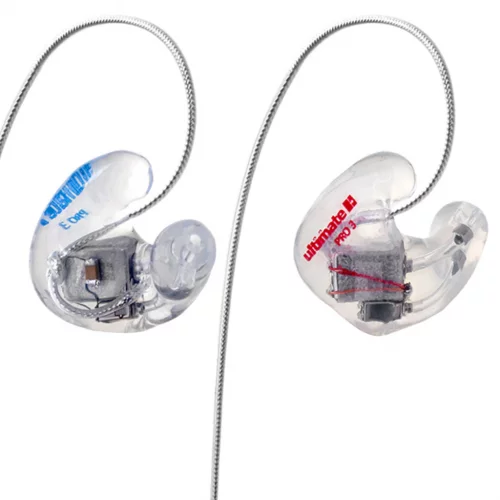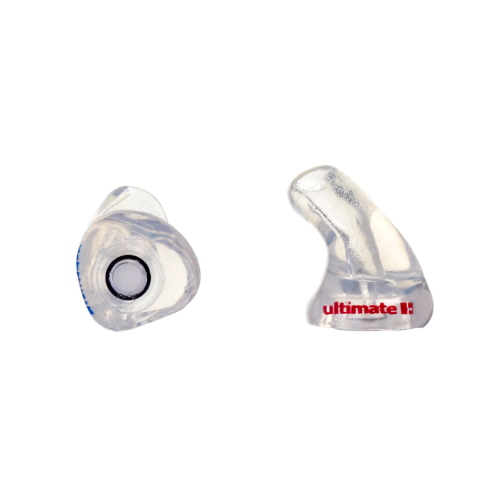We’re in the full swing of summer now, which means that people from all four corners of the country will be having fun planning which festivals they’re going to go to… and while it’s amazing that there are so many different festivals going on all over the place, it’s important to remember that they can pose a bit of a health risk if you’re not careful.
It’s possible that loud music and noise at events like this can result in permanent hearing damage, also known as tinnitus. This can sound like buzzing, ringing, humming, hissing, throbbing, music or singing, noises that can appear in one or both ears, or just in your head. They can come and go or someone might hear them all the time.
If you already know that you’ll be going to a lot of live music over the next few weeks – or perhaps you’re in the band itself – it might be worth investing in UK moulded ear plugs to help save your hearing and allow you to enjoy yourself free from worries about your health.
According to Action on Hearing Loss, tinnitus can affect people of all ages but it is more common in older adults. Children can also experience this so if you are taking your little ones to any gigs or festivals, make sure they have good headphones or ear defenders to wear to protect their hearing.
Apparently, about one in ten adults in the UK have tinnitus either all the time or frequently – which is approximately six million people. It can affect people in a multitude of different ways and lots of those with the condition don’t find it troubling or, at worst, just mildly annoying.
But it can have a big impact on quality of life, causing the likes of sleep and hearing difficulties, distress and general anxiety. Luckily, the majority of sufferers find that their condition improves slowly over time as the brain learns to filter it out and not pay attention to it.
There is currently no cure but there are different therapies you can try if you are finding that it’s starting to take its toll. Sound therapy, for example, can be used to help distract you if you notice that your symptoms are worse when you’re in a quiet environment.
Also known as sound enrichment, this fills the silence with neutral sounds to help distract you and, over time, the tinnitus will become less noticeable. Putting on some pleasant and soothing sounds can also help to relax you, reducing the stress that is often associated with tinnitus.
Try experimenting with typical sounds such as an electric fan, music or the TV, or leaving a window open at night so outside noises can come in if you find that your condition is worse when you’re trying to get some sleep.










